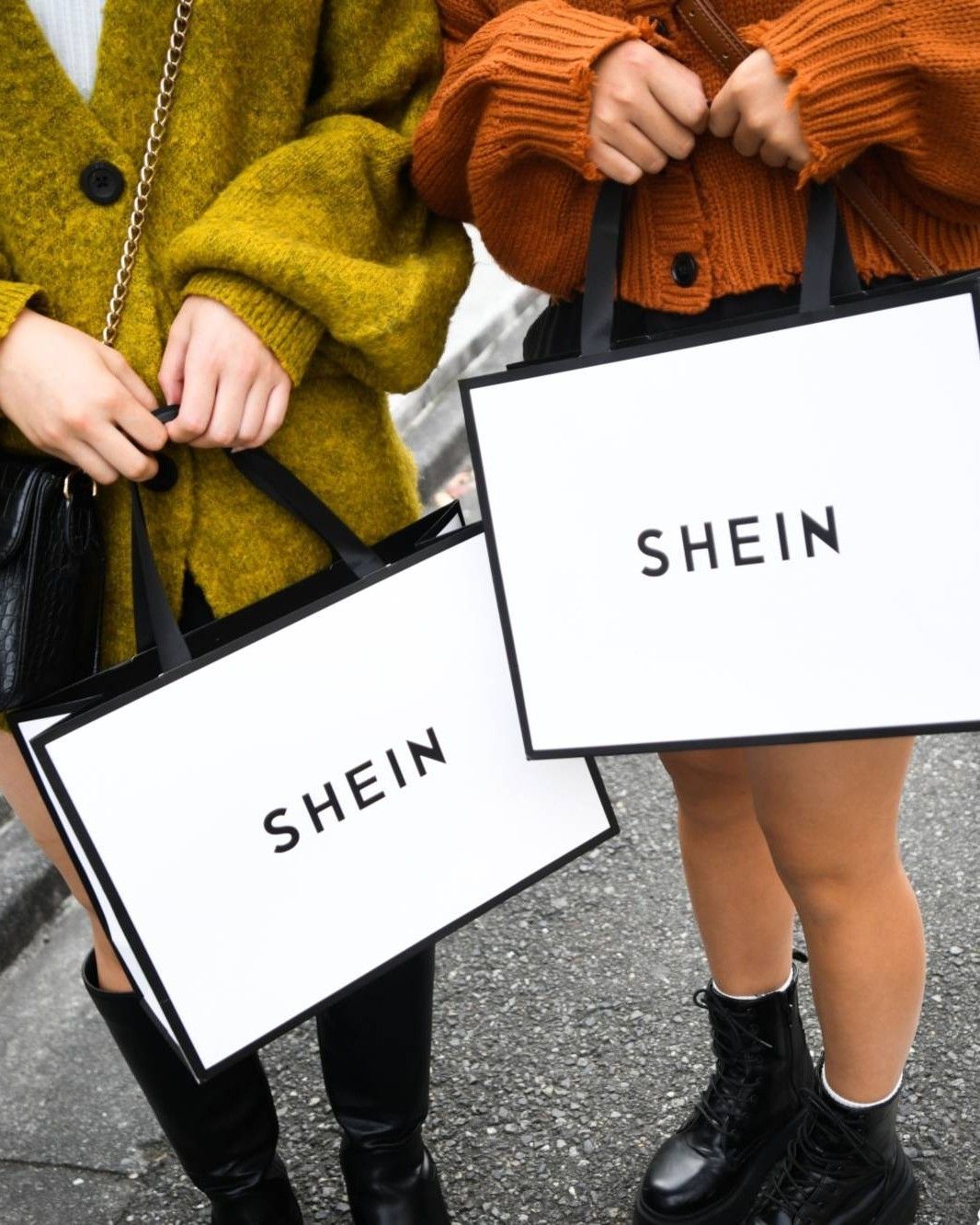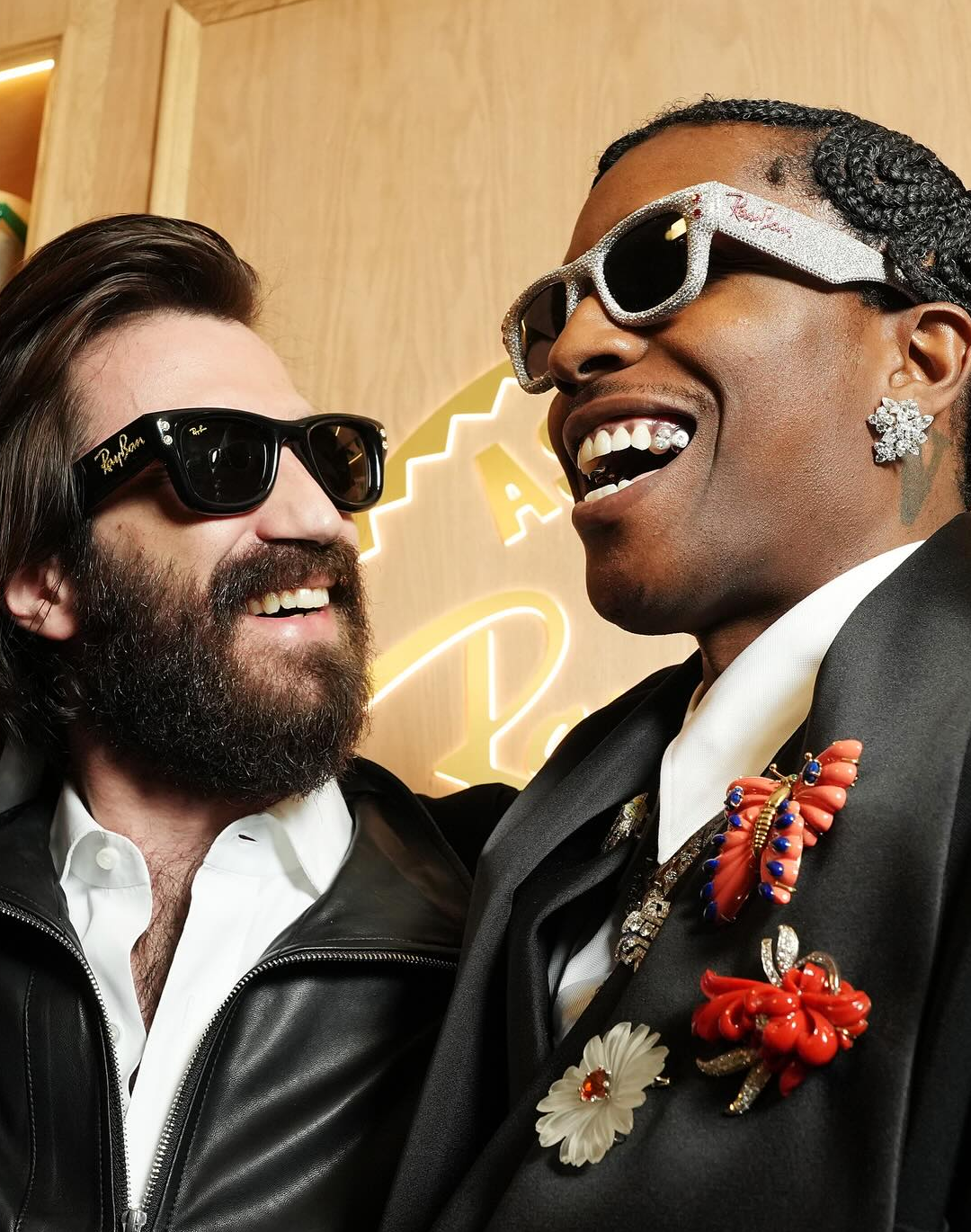
Now the US government fights SHEIN with anti-mafia laws The RICO act, a law established in 1970 to counter criminal organisations
SHEIN, the ultra-fast fashion giant, is at the center of a legal case that could finally hold it accountable for its violations in a court of law. According to Highsnobiety, a lawsuit filed in California aims to take on the fast fashion behemoth by «fighting SHEIN in the same way the US government once fought the mafia.» On July 11th, attorneys Jeffrey S. Gluck, David Alden Erikson, and Antoinette Waller filed a complaint against SHEIN on behalf of artists Krista Perry, Larissa Martinez, and Jay Baron, with the goal of punishing the retailer through the RICO act, a law established in 1970 to combat organized crime. The artists and their legal team join the chorus of creatives who have accused SHEIN in the past of intentionally selling imitations of their intellectual property.
What is the RICO act?
wtf do shein be doing to get hit with a rico ???
— ARI (@msheavens3nt) July 13, 2023
The American RICO act, which stands for Racketeer Influenced and Corrupt Organizations, was first used to combat the Hell's Angels biker gang in the '70s and subsequently targeted criminals like the Genovese crime family in New York. Currently, prosecutors often use the RICO act to bring cases against groups founded by famous rappers, such as Young Thug's YSL. It is a law designed to bring charges against elusive collectives that cannot be targeted individually, just like SHEIN. The Chinese giant has skillfully fragmented the company into a multitude of loosely related shell companies, affiliated conglomerates, and international holdings groups, through a "byzantine shell game of a corporate structure", aimed, among other things, at reducing tax burdens. Despite numerous accusations leveled against it, SHEIN has managed to maintain its impunity due to the lack of information about its founder, Chris Xu, and its highly complex corporate structure. Its valuation of over $100 billion in 2022 attests to its financial success despite the controversies surrounding it.
Not Shein getting hit with a RICO charge. What type of business y’all got going on over there? pic.twitter.com/CIo6YT8gIK
— Tasha Mack Management (@sylviamphofe) July 13, 2023
Tax evasion is not the only accusation leveled against SHEIN; there are also allegations of labor exploitation, greenwashing, and imitation. The legal case highlights that while publicly traded companies like Nike can be held accountable for their misdeeds— Nike, for example, is currently under scrutiny in Canada for forced labor allegations—SHEIN, with its ambiguous corporate structure, manages to avoid any form of responsibility. «It turns out that avoiding direct blame is another key aspect of SHEIN's business model» the complaint continues. «SHEIN's decentralized structure often allows it to plausibly shift blame onto third parties as if they were independent when, in fact, they are closely controlled by SHEIN.» This is just one lawsuit on behalf of a trio of artists, but if it succeeds in achieving a RICO-based victory, it could set a significant precedent and succeed where others have failed: denting the fast-fashion colossus.















































